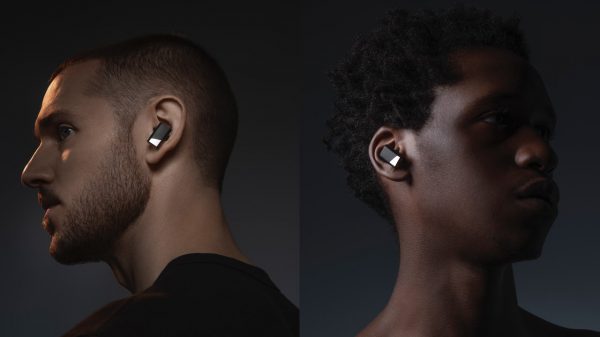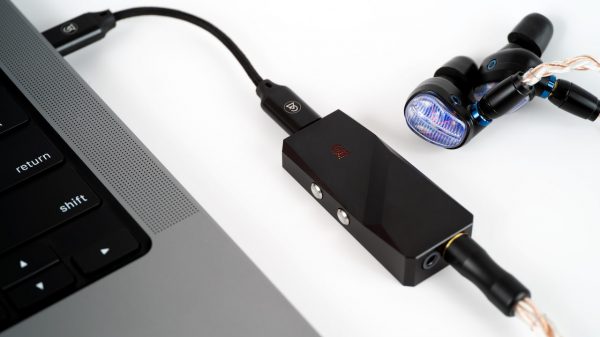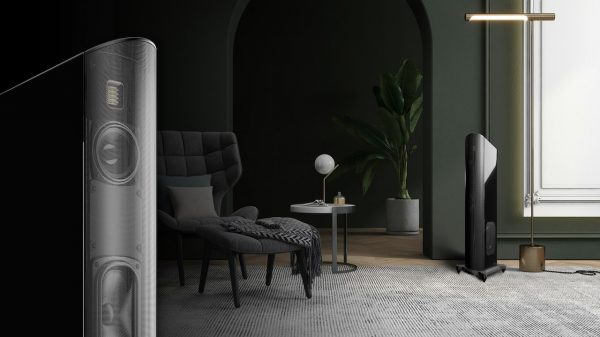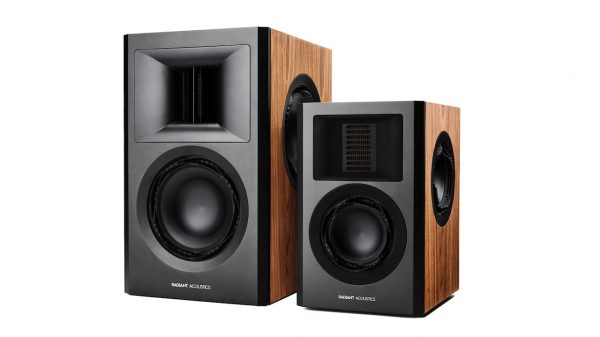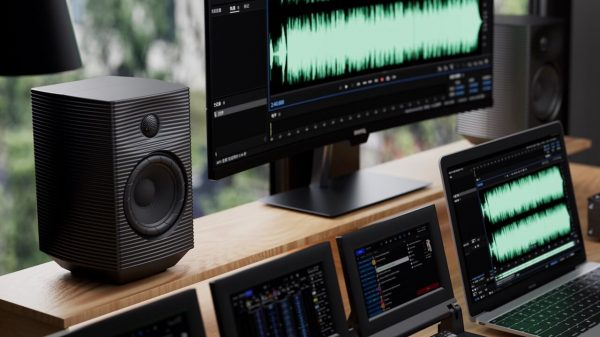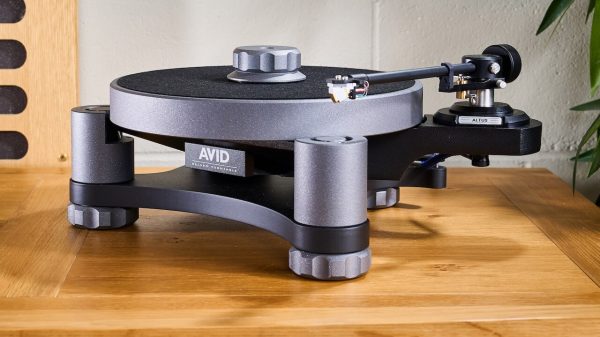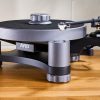Legislation Would Send Consumers “Back To The Tape Age” and Would Negate Fair Use
Today the Home Recording Rights Coalition (HRRC) expressed its strong opposition to the “Perform Act” introduced by Senators Dianne Feinstein (D-CA), Bill Frist (R-TN) and Lindsey Graham (R-SC). HRRC Chairman Gary Shapiro said:
The legislation would take away the longstanding rights of consumers to enjoy the benefits and flexibility of digital technology. Indeed, it would undo decades of progress. If the bill were enacted, recording onto digital memory chips would be less useful to consumers than recording onto magnetic tape was 40 years ago.
The “Perform Act” would penalize, and essentially disable, a digital satellite radio service under copyright law unless it “uses reasonably available technology to prevent copying of the transmission, except for ‘reasonable recording’. . . .” The bill defines “reasonable recording” as recording where the user cannot record or even play back selections of specific sound recordings, artists, or any other “user preference” (other than selecting a “channel”). Thus, a consumer paying $150 a year to receive programming from a satellite radio service could not select and then listen to individual songs he or she had recorded. Because the bill does not allow a “transmission” of a musical recording, it also would appear to block consumers from moving one song from one room to another within their own homes via a digital network.
Shapiro pointed out that the legislation does not even purport to have anything to do with redistribution of content over the Internet – the objective of “broadcast flag” legislation. In other words, this is not an anti-piracy bill. It is a bill to limit the options of honest consumers in their own homes and cars.
Nor does the bill provide guidance as to when a technology is “reasonably available” or how effectively it must “prevent” recording. Further, if a service guesses wrong and fails to use technology that is later deemed by a court to be “reasonably available” or necessary to “prevent” unreasonable recording, the service will not be entitled to its statutory license and will be subject to mandatory statutory damages for each of the tens of thousands of songs it transmitted during the relevant period. Services may be forced to forego the introduction of innovative consumer products that permit arguably reasonable recording, but might be subject to a costly challenge.
This bill would give the music industry powerful control over the way consumers can enjoy satellite radio – control the industry never had over AM and FM radio. Four decades after the introduction of the first cassette tape recorder, the only thing the bill seems to allow is “manual recording and playback in a manner that is not an infringement of copyright.” Since “manual recording” is undefined, Shapiro observed that even home recording, for private noncommercial purposes, could still be a copyright violation, and therefore not permitted. This, he said, seems a music industry-inspired “circumvention” of Section 1008 of the Audio Home Recording Act, which provides consumers with an immunity from copyright infringement suit for the use of “digital audio recording” devices. It would also circumvent the deal struck by the RIAA in the Audio Home Recording Act, which already makes clear that first generation home recordings made from digital transmissions are “reasonable” and provides compensation to the record companies for those recordings.
Shapiro said that in the wake of the Grokster decision, HRRC had thought that the record industry would rely on its legal rights rather than seek additional legislation that would limit consumer freedoms. This legislative proposal is but one in a series of disappointments from an industry that apparently has little interest in adapting to new technology.
For updates on copy protection issues, and related Congressional and regulatory proceedings, please visit the HRRC website at http://www.HRRC.org.
About HRRC
The Home Recording Rights Coalition, founded in 1981, is a leading advocacy group for consumers’ rights to use home electronics products for private, non-commercial purposes. The members of HRRC include consumers, retailers, manufacturers and professional servicers of consumer electronics products. Further information on this and related issues can be found on the HRRC website, http://www.hrrc.org.

